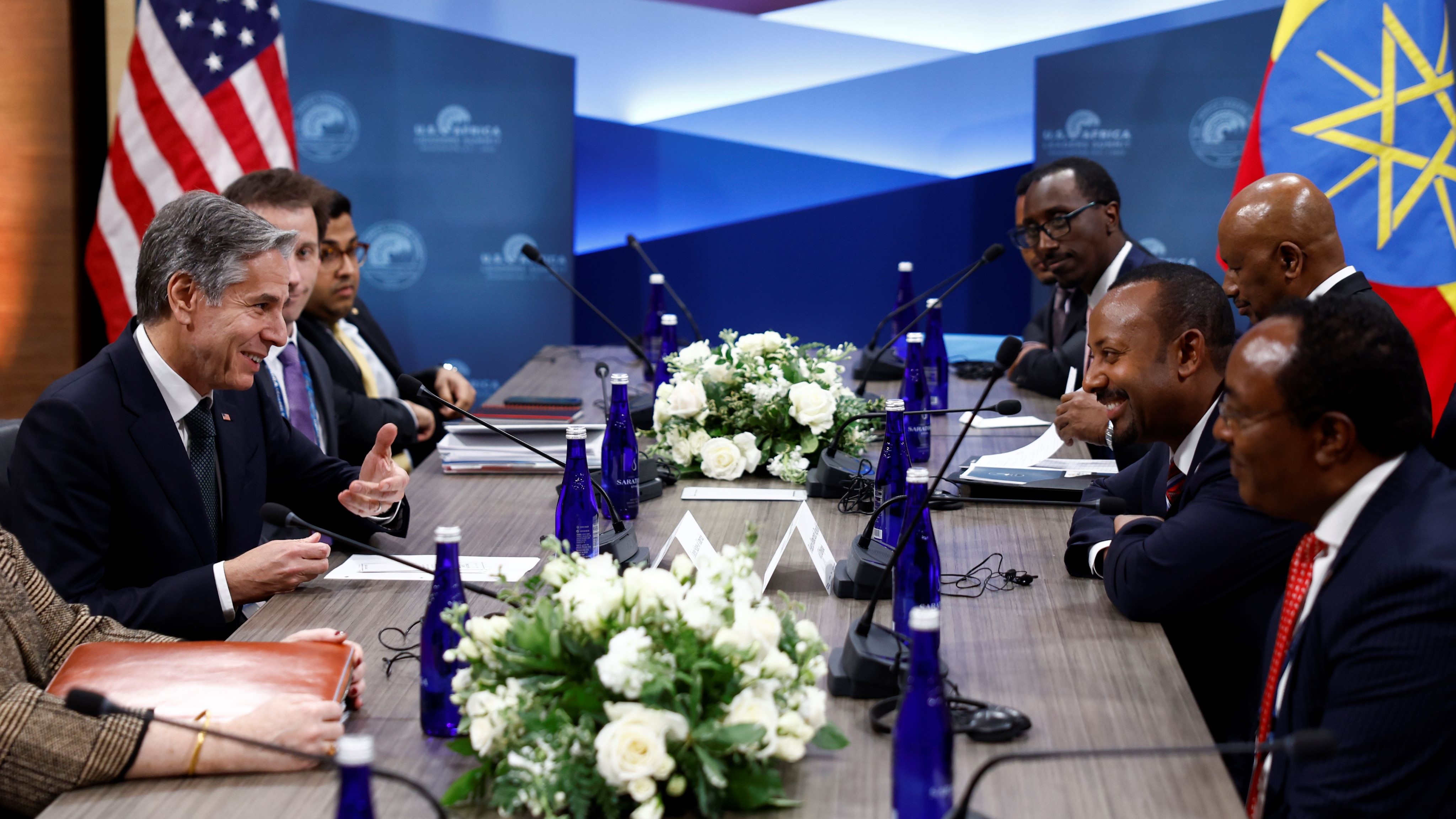Ethiopia's Foreign Investment: Opportunities and Challenges
Explore Ethiopia’s foreign investment landscape, focusing on opportunities in sectors like infrastructure and manufacturing, and challenges related to regulatory frameworks and political stability.

Ethiopia has emerged as one of Africa’s fastest-growing economies, attracting significant foreign investment in recent years. With its large population, strategic location in the Horn of Africa, and ambitious development goals, Ethiopia offers a wide range of opportunities for investors in various sectors. However, despite the potential for growth, foreign investors must also navigate a number of challenges that can affect their ventures. This article delves into the key opportunities and challenges associated with foreign investment in Ethiopia.
Opportunities for Foreign Investment
1. Growing Infrastructure Needs
Ethiopia’s rapid economic growth has created a pressing need for infrastructure development, making the sector one of the most attractive for foreign investors. Major infrastructure projects, including roads, railways, airports, and energy initiatives, are being prioritized by the government to improve connectivity and support industrialization. Projects like the Grand Ethiopian Renaissance Dam (GERD) and the Addis Ababa-Djibouti railway are examples of the country’s focus on upgrading its infrastructure to facilitate trade and economic growth.
Foreign investors have ample opportunities to participate in these large-scale projects through public-private partnerships (PPPs), offering both capital and expertise. With Ethiopia looking to improve its transport, energy, and telecommunication infrastructure, investment in these areas promises significant returns in the long term.
2. Manufacturing and Industrialization
Ethiopia has positioned itself as a growing hub for manufacturing in Africa, especially in textiles, apparel, and leather industries. The government’s ambitious industrialization strategy, led by the establishment of industrial parks across the country, aims to make Ethiopia a manufacturing powerhouse. These parks offer attractive incentives such as tax exemptions, duty-free import of machinery, and affordable land leases, making it easier for foreign companies to set up operations.
The Hawassa Industrial Park, for instance, has already attracted leading global brands in the textile and apparel industry, and the government continues to promote the country as a low-cost manufacturing destination. With its large, young labor force and competitive wages, Ethiopia offers tremendous potential for foreign investors looking to capitalize on the global manufacturing supply chain.
3. Agriculture and Agro-Processing
Ethiopia's vast arable land and favorable climate make agriculture a cornerstone of its economy, and the government is actively seeking foreign investment in the agricultural sector. Opportunities abound in agro-processing, irrigation systems, and value-added agricultural products like coffee, flowers, and livestock.
Foreign investors are encouraged to invest in the agro-processing industry to help modernize the sector and increase productivity. The government’s focus on improving agricultural infrastructure and access to international markets also opens doors for investors to explore partnerships that boost Ethiopia’s export potential.
4. Energy and Renewable Resources
Ethiopia has a wealth of renewable energy resources, particularly in hydropower, wind, and solar energy. The government is working to expand its renewable energy capacity to meet growing domestic demand and to export power to neighboring countries. The Grand Ethiopian Renaissance Dam (GERD) is the centerpiece of Ethiopia’s energy strategy, and foreign investors can play a crucial role in further developing the country’s renewable energy potential.
The energy sector offers opportunities for foreign companies to invest in power generation, distribution, and off-grid solutions, particularly in rural areas where access to electricity remains limited. Ethiopia’s commitment to renewable energy makes it an attractive destination for investors looking to support sustainable development.
Challenges Facing Foreign Investors
1. Regulatory and Bureaucratic Hurdles
One of the most significant challenges foreign investors face in Ethiopia is navigating the country’s regulatory environment. While the government has made efforts to streamline processes and improve the ease of doing business, bureaucratic inefficiencies and a lack of transparency can slow down investments. Obtaining permits, dealing with customs, and managing tax regulations can be time-consuming and costly.
Additionally, foreign exchange shortages have created difficulties for businesses that need to repatriate profits or import machinery and goods. The government has taken steps to address these issues, but they remain a concern for potential investors.
2. Political Instability and Security Concerns
While Ethiopia has made significant strides in economic reform and development, political instability and security concerns remain challenges for foreign investors. Regional conflicts, internal tensions, and occasional civil unrest can disrupt business operations and pose risks to long-term investments.
The ongoing conflict in northern Ethiopia, particularly in the Tigray region, has had an impact on investor confidence, leading to concerns about the stability of the country. Investors must carefully assess the political and security landscape before making significant investments, especially in conflict-affected areas.
3. Infrastructure Gaps
Although Ethiopia is heavily investing in infrastructure, gaps still exist, particularly in rural areas. Limited access to reliable electricity, transportation networks, and internet connectivity can hinder business operations, especially for companies involved in manufacturing and logistics. Investors may face additional costs associated with building their own infrastructure, such as power generation or road access, to ensure smooth operations.
4. Currency Volatility and Forex Shortages
Ethiopia has experienced foreign currency shortages, which pose a challenge for businesses requiring hard currency for imports and financial transactions. Currency volatility and difficulties in accessing foreign exchange can disrupt operations, delay projects, and increase the cost of doing business. For foreign investors, this represents a significant risk, as it can affect profitability and the ability to repatriate earnings.
Government Reforms and Incentives
To address some of these challenges, the Ethiopian government has introduced reforms aimed at improving the business environment and attracting foreign direct investment (FDI). The Homegrown Economic Reform Plan, launched in 2019, focuses on liberalizing key sectors, including telecommunications and finance, to encourage more private sector participation.
The government has also created investment incentives, such as tax holidays, customs duty exemptions, and land leases, to attract foreign investors. Additionally, the establishment of the Ethiopian Investment Commission (EIC) as a one-stop-shop for investors has helped streamline the process of starting a business in Ethiopia.
Conclusion
Ethiopia offers immense opportunities for foreign investment, particularly in infrastructure, manufacturing, agriculture, and renewable energy. However, investors must be prepared to navigate challenges related to regulatory frameworks, political instability, and infrastructure gaps. By understanding the risks and leveraging government incentives, foreign companies can play a key role in Ethiopia’s economic transformation and contribute to the country’s growth story.
What's Your Reaction?
 Like
1
Like
1
 Dislike
0
Dislike
0
 Love
0
Love
0
 Funny
0
Funny
0
 Angry
0
Angry
0
 Sad
0
Sad
0
 Wow
1
Wow
1

















































